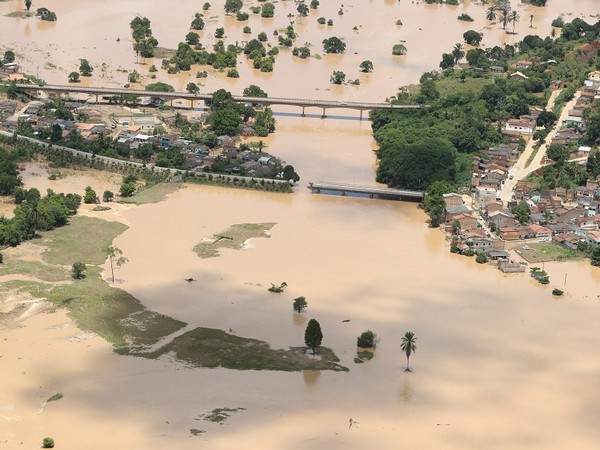World Bank Mobilizes $125M for Flood Relief Efforts in Rio Grande do Sul
Sophie Naudeau, Acting Director and Operations Manager of the World Bank for Brazil, expressed the institution's commitment to assisting in the state's recovery efforts.

The World Bank has announced the immediate reallocation of approximately US$125 million (about R$625 million) in emergency support to aid the state of Rio Grande do Sul, Brazil, which has been severely affected by recent heavy rains and floods. The funding, drawn from ongoing projects such as the “Urban Resilience Program in Southern Brazil,” the “Revitalization Program for the Central Area of Porto Alegre,” and the “Support Program for the New Bolsa Família,” is part of a concerted effort to facilitate rapid recovery and aid those impacted by the natural disaster.
Sophie Naudeau, Acting Director and Operations Manager of the World Bank for Brazil, expressed the institution's commitment to assisting in the state's recovery efforts. “The World Bank stands in solidarity with the population of the state of Rio Grande do Sul, so affected by the recent disaster. We have extensive experience in crisis management and reconstruction linked to natural disasters in several countries around the world, and we are bringing this knowledge to bear on the state's rapid recovery,” Naudeau stated.
In addition to financial support, the World Bank is providing technical assistance to local authorities, assisting with damage assessment, resource prioritization, and the efficient execution of funds. The institution is also in discussions with federal, state, and municipal governments, as well as the Regional Development Bank of the Far South (BRDE), to accelerate the availability of new resources. These resources are intended not only for immediate recovery but also for the development of long-term solutions, such as a comprehensive “Marshall Plan” for rebuilding the state with a focus on urban resilience and flood mitigation.
This initiative reflects the World Bank’s broader strategy to enhance its crisis response capabilities. Recently, the institution approved a new set of crisis response tools designed to allow countries to quickly redirect unused resources in their portfolios, thereby making emergency relief efforts both easier and faster.
The recent flooding in Rio Grande do Sul highlights the growing need for preparedness in the face of increasingly frequent climate-related events. Through these efforts, the World Bank aims to mitigate the impact of such disasters and to strengthen the resilience of communities against future crises.
- READ MORE ON:
- Rio Grande do Sul
- World Bank










